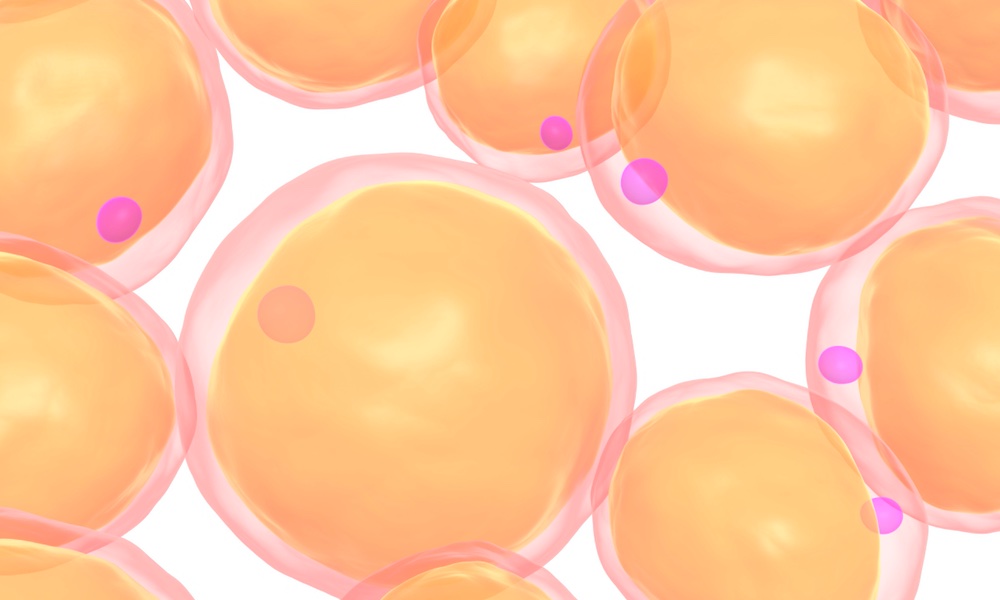Being overweight or obese means that a person is carrying excess fat tissue that increases their risk of cardiovascular disease and metabolic conditions like type 2 diabetes.
But what happens to this adipose, or fat, tissue when someone loses a significant amount of weight? Where do the fat cells go? And why does losing fat tissue improve health so significantly?
Early answers to these questions have come from a British study led by researchers from Imperial College, London. The team looked at cells taken from the abdominal fat of 70 overweight people and analyzed gene expression in more than 171,000 cells.
Participants who were morbidly obese, with a body mass index greater than 35, had samples taken during weight-loss surgery. Others, who were a healthy weight, had samples taken during abdominal surgery unrelated to weight loss. For the weight-loss surgery group, samples of fat tissue were also taken five months after surgery. At that time, they had lost an average of 25 kg, or a little more than 55 pounds.Weight loss had several benefits, including the clearing out of damaged and dying cells. Because damaged cells no longer function properly, they can release signals that cause inflammation and scarring.
The researchers found weight loss had several benefits, including the clearing out of damaged and dying cells. Because damaged cells no longer function properly, they can release signals that cause inflammation and scarring. Weight loss also triggered the breakdown and recycling of dangerous fats, lipids, into the blood.
For a long time researchers had known that weight loss is one of the best ways to treat the health complications of obesity, but they had not understood exactly how fat loss improved health, William Scott, senior author of the study, said in a statement. They were not expecting to find that weight loss triggers the breakdown and recycling of lipids. The finding that it does points to what may be driving the health benefits of losing weight — both within tissues and at a cellular level.
“We hope that new information from studies like ours will pave the way for developing new treatments for diabetes and other diseases caused by excess body fat,” said Scott, a clinician scientist specializing in obesity and type 2 diabetes at Imperial College London.
The findings show how fat tissue responds following a sudden and significant change in caloric intake, Evan Rosen, coauthor of an editorial related to the study, told TheDoctor in an email. Earlier studies had hinted at the breakdown and recycling of lipids following weight loss.Weight loss triggers the breakdown and recycling of lipids, a finding that points to what may be driving the health benefits of losing weight — both within tissues and at a cellular level.
This recycling process may help burn energy and reverse the harmful buildup of lipids in organs such as the liver and pancreas, Rosen, a principal investigator at Beth Israel Deaconess Medical Center and a professor at Harvard Medical School, added that the new findings tell researchers more about the specific types of stress fat tissue is under in those with obesity, as well as which types of stress are reversible and which are not.
The study and editorial are published in Nature.





